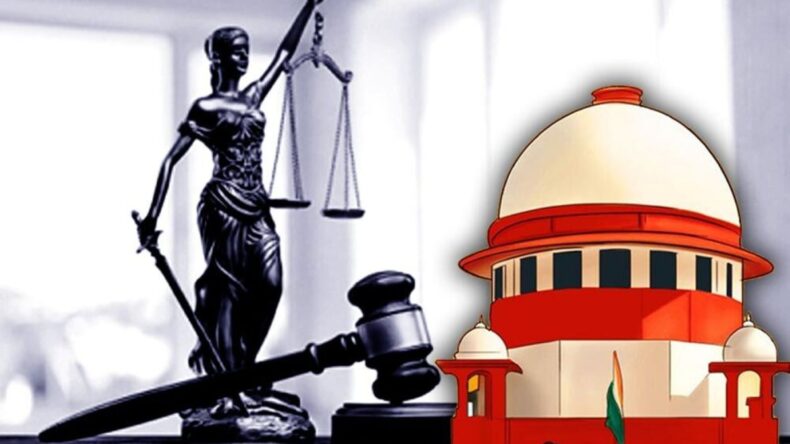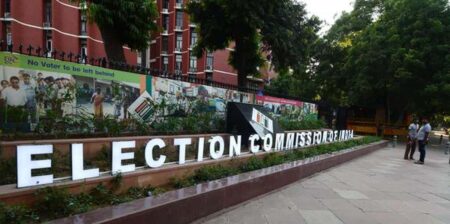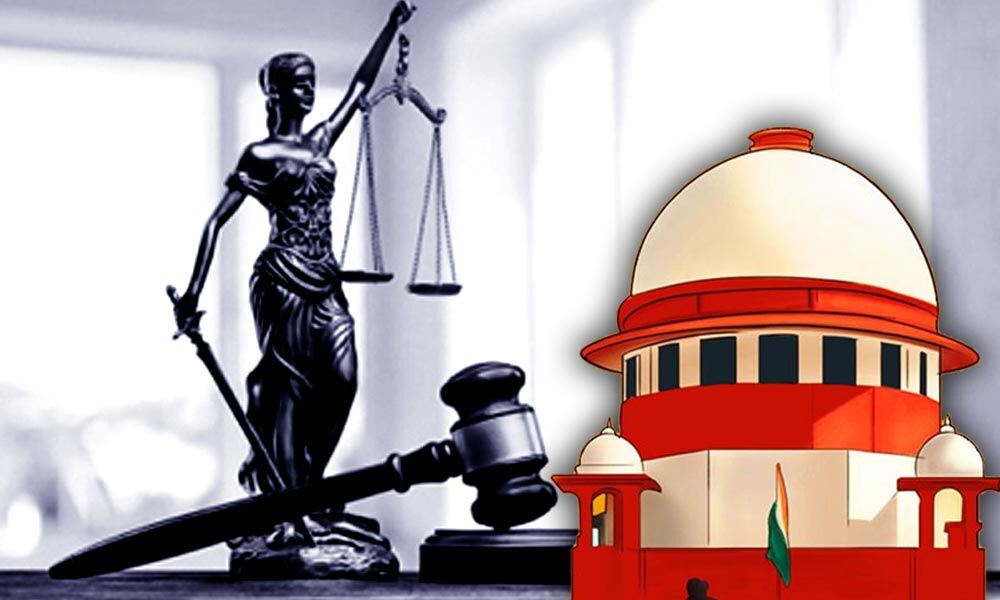
The hearing in a series of appeals brought by the Enforcement Directorate against the Madras High Court’s rulings has once more been postponed by the Supreme Court of India. In response to a habeas corpus case filed challenging the detention of Tamil Nadu minister V Senthil Balaji in connection with the state’s cash-for-jobs scheme, appeals were made. The high court’s two-judge panel’s dilivered a split verdict on whether the legislator’s arrest constituted unconstitutional detention led to this ruling by the apex court.
Supreme Court Requests Expedited Decision
The Supreme Court’s division bench, comprising, Justices Surya Kant and Dipankar Datta, declined the central agency’s plea to settle the case’s legal issues and chose to wait for the conclusion of the high court’s continuing dispute instead. The chief justice of the Madras High Court has been requested by the supreme court to assign a bigger bench to quickly decide the habeas corpus case brought by Senthil Balaji’s wife, Megala.
Arguments from Both Sides
Solicitor-General of India Tushar Mehta argued for the appeals to be heard and the matter to be finally decided by the Supreme Court. He emphasized that there were questions of law that needed to be resolved, such as whether a habeas corpus petition could be filed after a judicial order of remand and whether the period the accused spent in the hospital on medical grounds could be excluded from the prescribed 15-day custody period. Mehta also expressed concerns about potential evidence tampering, particularly in cases involving influential individuals, stating that the damage could be irreversible.
On the other hand, Senior Advocate Kapil Sibal, representing the arrested MLA, protested against bypassing the high court. He pointed out that there was a split verdict, and the matter should be referred to a third judge, as the Supreme Court had previously stated that it would wait for the high court’s decision. Sibal questioned the circumstances under which the case was brought before the Supreme Court at this stage.
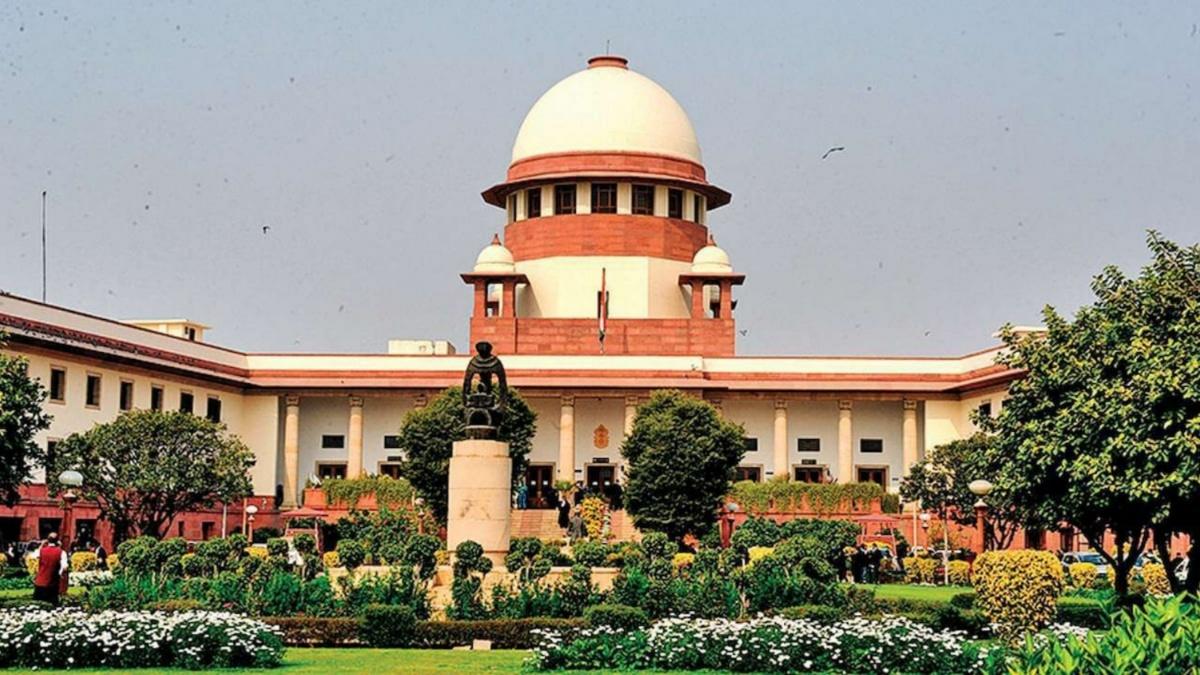
Supreme Court’s Decision and the Way Forward
After hearing the arguments from both sides, the bench decided to request the Chief Justice of the Madras High Court to refer the case to a larger three-judge bench as soon as possible. The bench clarified that the pending special leave petition would have no bearing on the proceedings before the high court. In the meantime, it was also confirmed that Balaji would remain in custody. The next hearing in the matter is scheduled for Monday, July 24.
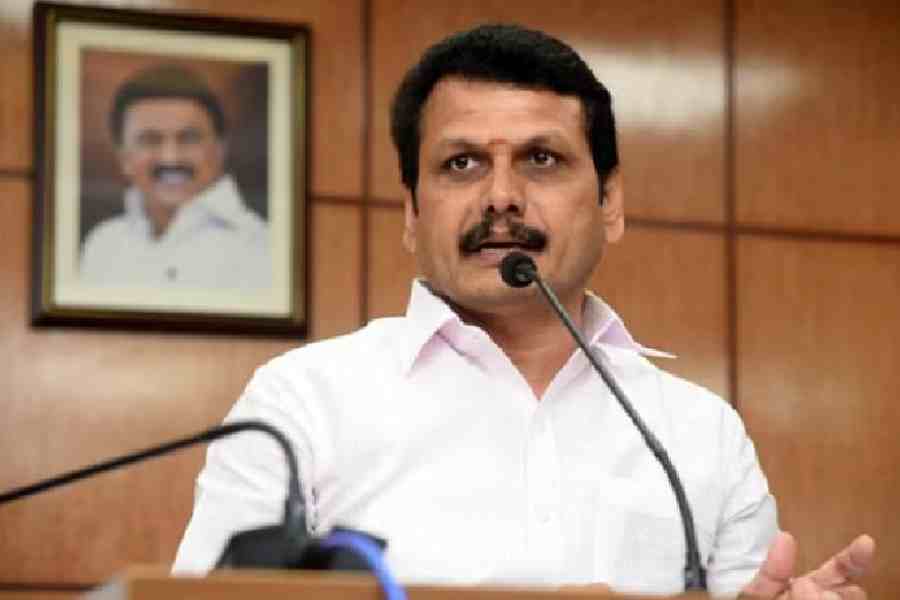
Background of the Case
In June, V Senthil Balaji, a leader of the DMK and a cabinet minister in the Tamil Nadu government led by MK Stalin, was arrested by the Enforcement Directorate for his alleged involvement in a cash-for-job scam that took place between 2011 and 2016 during his tenure as the transportation minister in the previous AIADMK regime. This arrest followed a Supreme Court decision in May to set aside a Madras High Court direction that had stayed the proceedings in the money laundering case filed by the Enforcement Directorate. The top court also granted permission to the agency to include offences under the Prevention of Corruption Act in their investigation.
In the same month, the Madras High Court granted Balaji’s family’s request to move him to a private hospital for medical care despite denying him temporary release. The central agency had challenged the high court’s decision to entertain the habeas corpus petition and pass an interim order. However, a vacation bench of the Supreme Court adjourned the hearing on the agency’s plea, opting to wait for the high court to deliver its verdict. Now, with the high court delivering a split verdict, the matter will be heard by a three-judge bench appointed by the chief justice.
Conclusion
The intricacy of the legal processes surrounding the detention of Tamil Nadu minister Vs. Senthil Balaji is highlighted by the Supreme Court’s decision to extend the hearing and ask the Madras High Court to speed up the ruling on the habeas corpus case. The split verdict in the high court adds further uncertainty to the case, which has garnered significant attention due to its implications on issues such as illegal detention, remand orders, and the calculation of custody periods. As the matter progresses, it remains to be seen how the larger bench of the high court and subsequently the Supreme Court will rule on these important legal questions.







